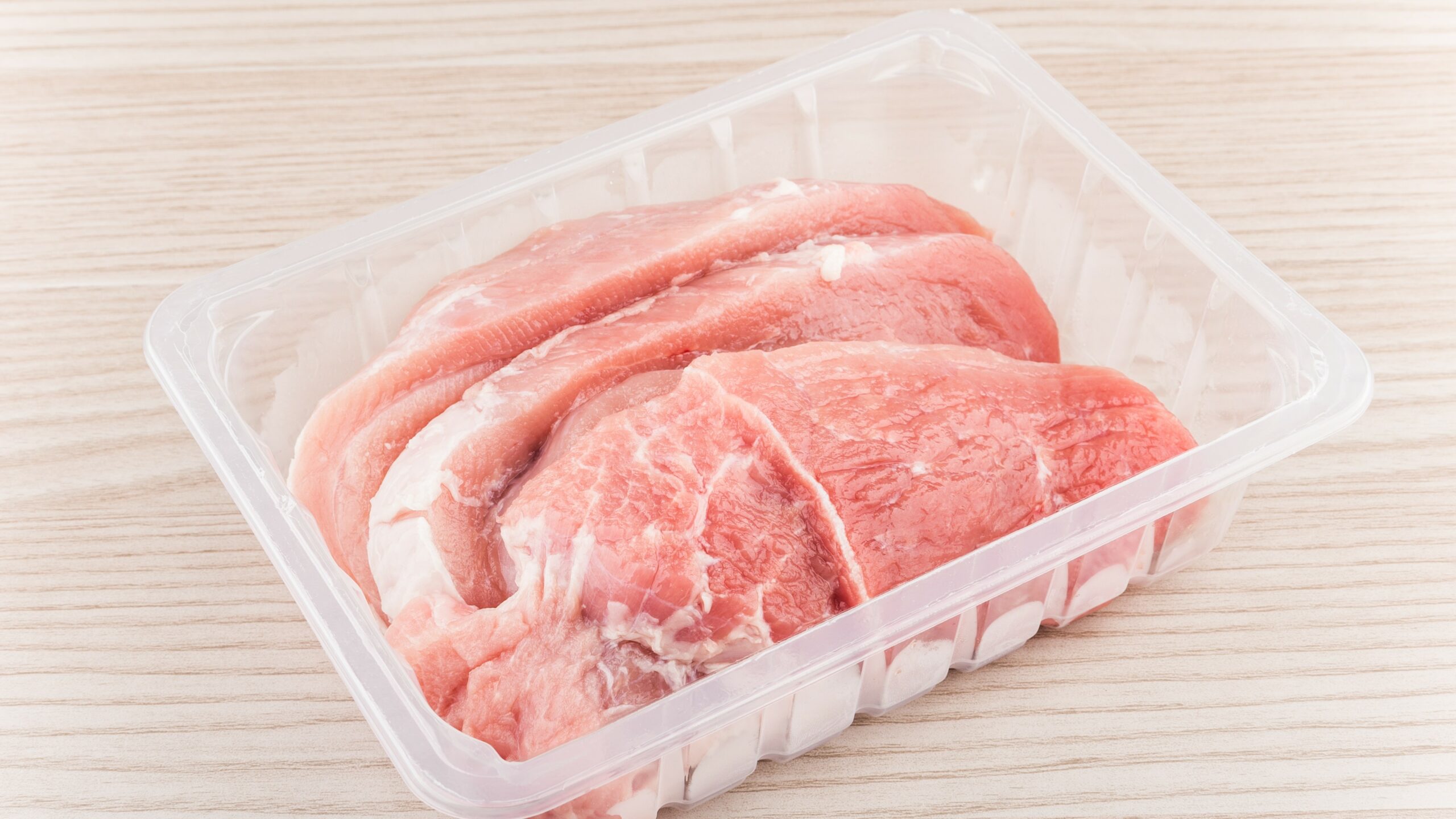Approval of the Spanish Royal Decree on Packaging and Packaging Waste
Implications for companies and key issues
The Council of Ministers, at the request of the Ministry for Ecological Transition and the Demographic Challenge (MITECO), approved the Royal Decree on Packaging and Packaging Waste on 27 December 2022. The main new features include measures aimed at waste prevention, the promotion of bulk food sales, the increase in reusable packaging and the promotion of recycling and product marking. In addition, the extended producer responsibility system is being developed so that the producers affected assume the total cost of managing this waste.
Stay reading this article in which we give you a preview of the main new developments
1. The 5 axes of the Royal Decree on Packaging and Packaging Waste.
2. Bulk sale of fruit and vegetables
3. Extended Producer Responsibility
4. Reusable packaging, main measures
5. Marking and labelling obligations
1. The 5 axes of the Royal Decree on Packaging and Packaging Waste
As already mentioned in this article on the Royal Decree on Packaging, it is based on 5 main lines of action: prevention, reuse, recyclability, compostability and the introduction of recycled content in packaging. To achieve these milestones, specific targets are set to be reached between 2025 and 2030.
Thus, with regard to waste prevention, the final text includes national targets of a guiding nature, which are not applicable on a sectoral basis or to a specific type of packaged product.
By way of example, with regard to the reduction of packaging waste, the Royal Decree – which transposes and implements the EU Directive on single-use plastic packaging (known as the SUP Directive) – sets quantitative targets that coincide with those established in the Spanish Law on Waste and Contaminated Land for a Circular Economy and sets a target for 2030 of a 20% reduction in single-use plastic bottles compared to 2022 levels.
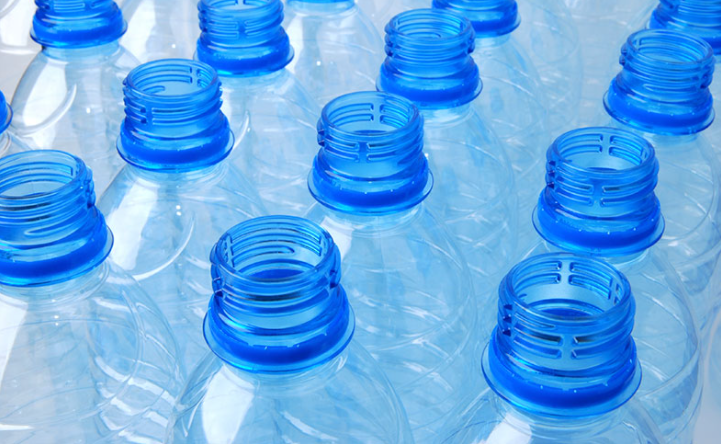
2. Bulk sales of fruit and vegetables
The Royal Decree on Packaging and Packaging Waste stipulates that fruit and vegetables sold in shops must be sold whole. In addition, retail establishments with a surface area equal to or greater than 400 square metres shall allocate at least 20% of their sales area to the offer of products presented without primary packaging, including sales in bulk or by means of reusable packaging.
Which fruit and vegetables are exempt from bulk sale under the Royal Decree on Packaging?
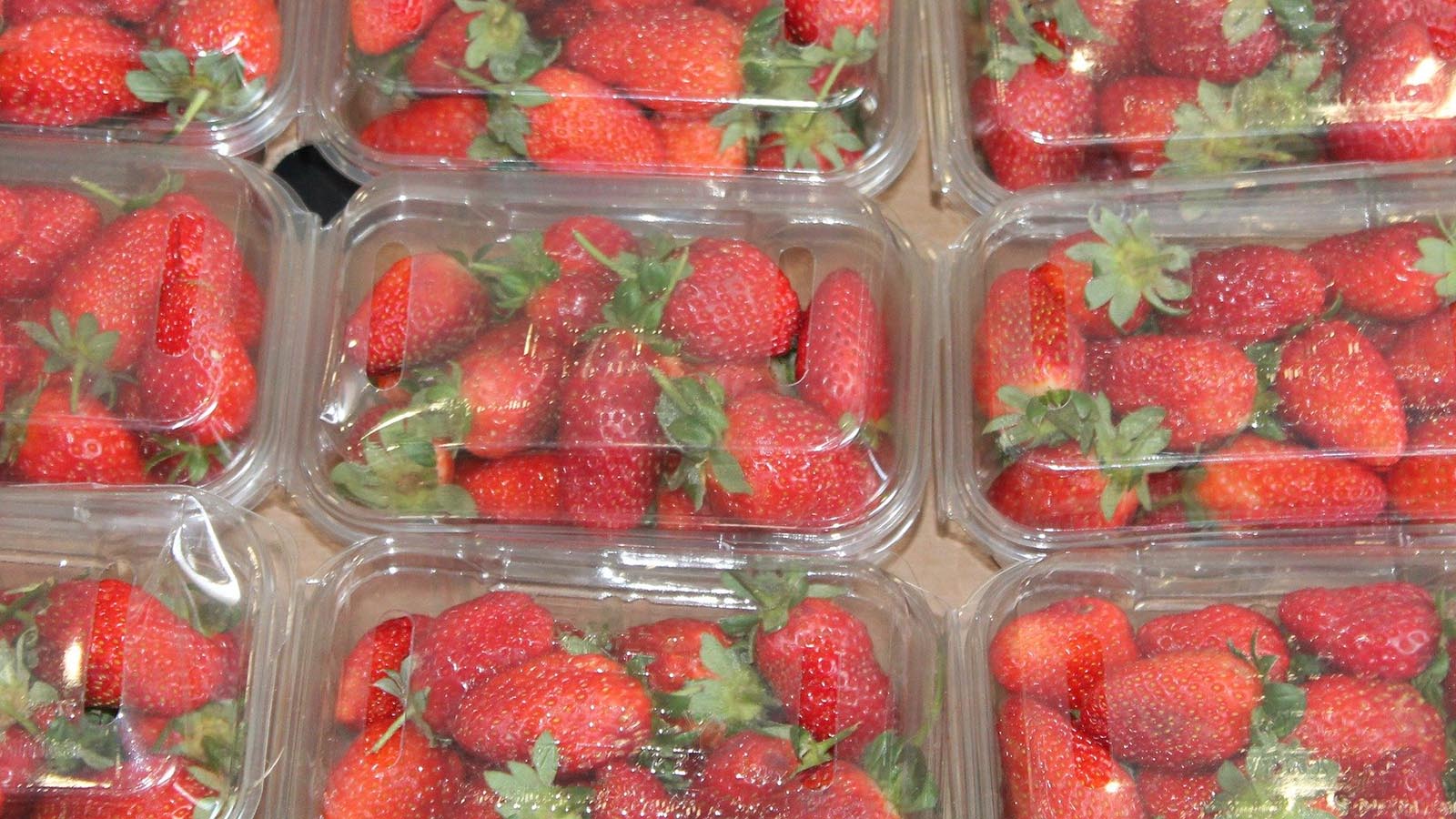
This obligation will not apply to fruit and vegetables packed in lots of 1.5 kilograms or more, nor to fruit and vegetables that are packed under a protected or registered variety or have an indication of differentiated quality or organic farming. Nor does the obligation to sell in bulk apply to fruit and vegetables that present a risk of deterioration or spoilage when sold in bulk.
n order to determine which ones fall into this category, a future order will determine this within six months of the entry into force of this Royal Decree. This order will be the responsibility of the Ministry of Agriculture, Fisheries and Food, in coordination with the Ministry for Ecological Transition and the Demographic Challenge and the Spanish Agency for Food Safety and Nutrition. Once this list has been published, shops will have a period of six months to adapt the sale of fruit and vegetables that do not fall into these categories, i.e. that must be sold in bulk.
3. Extended Producer Responsibility
With regard to Extended Producer Responsibility (EPR), the obligations apply to all packaging and packaging waste placed on the market, whether commercial or industrial, so that the producers concerned must bear the full cost of managing this waste.
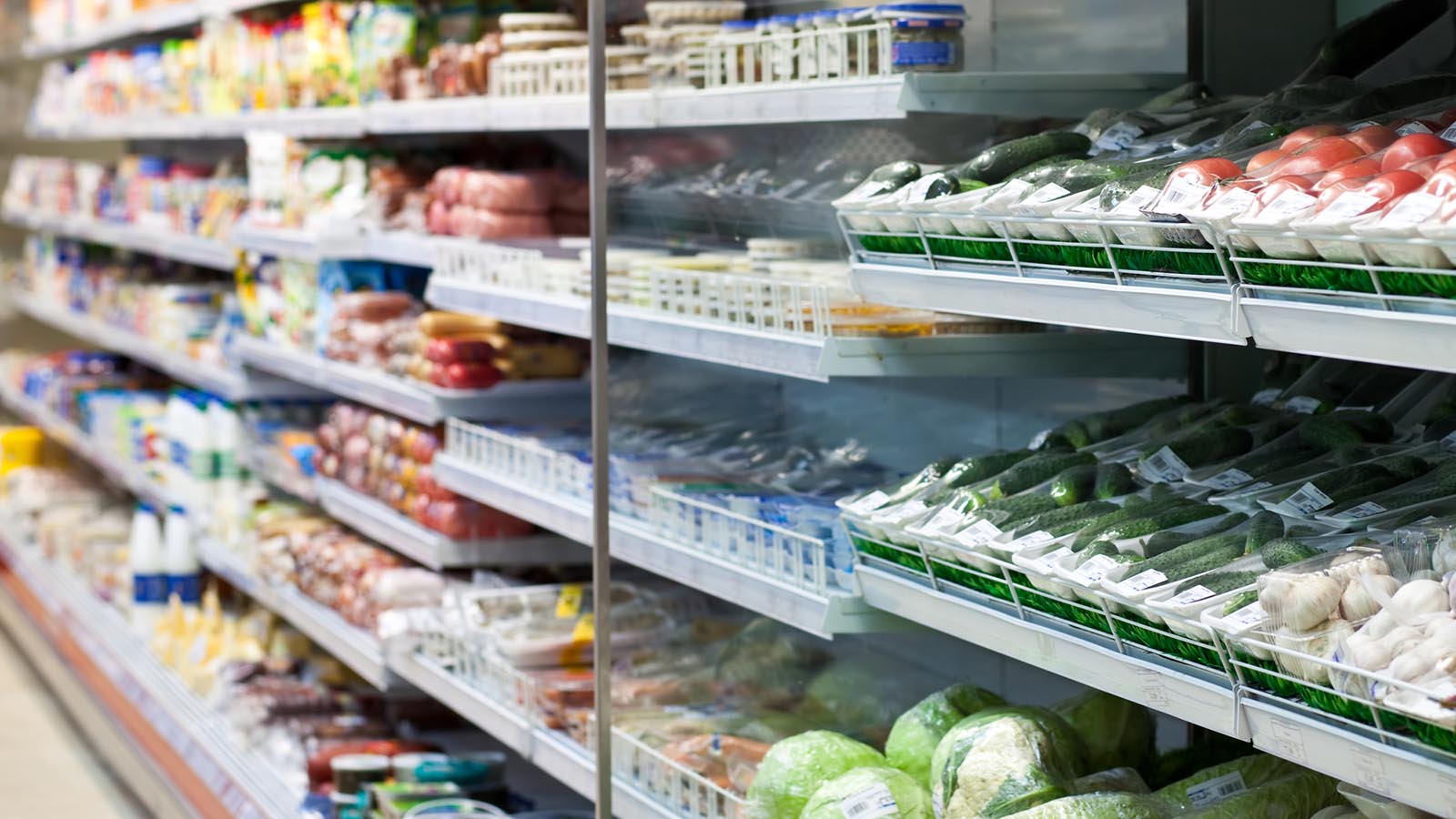
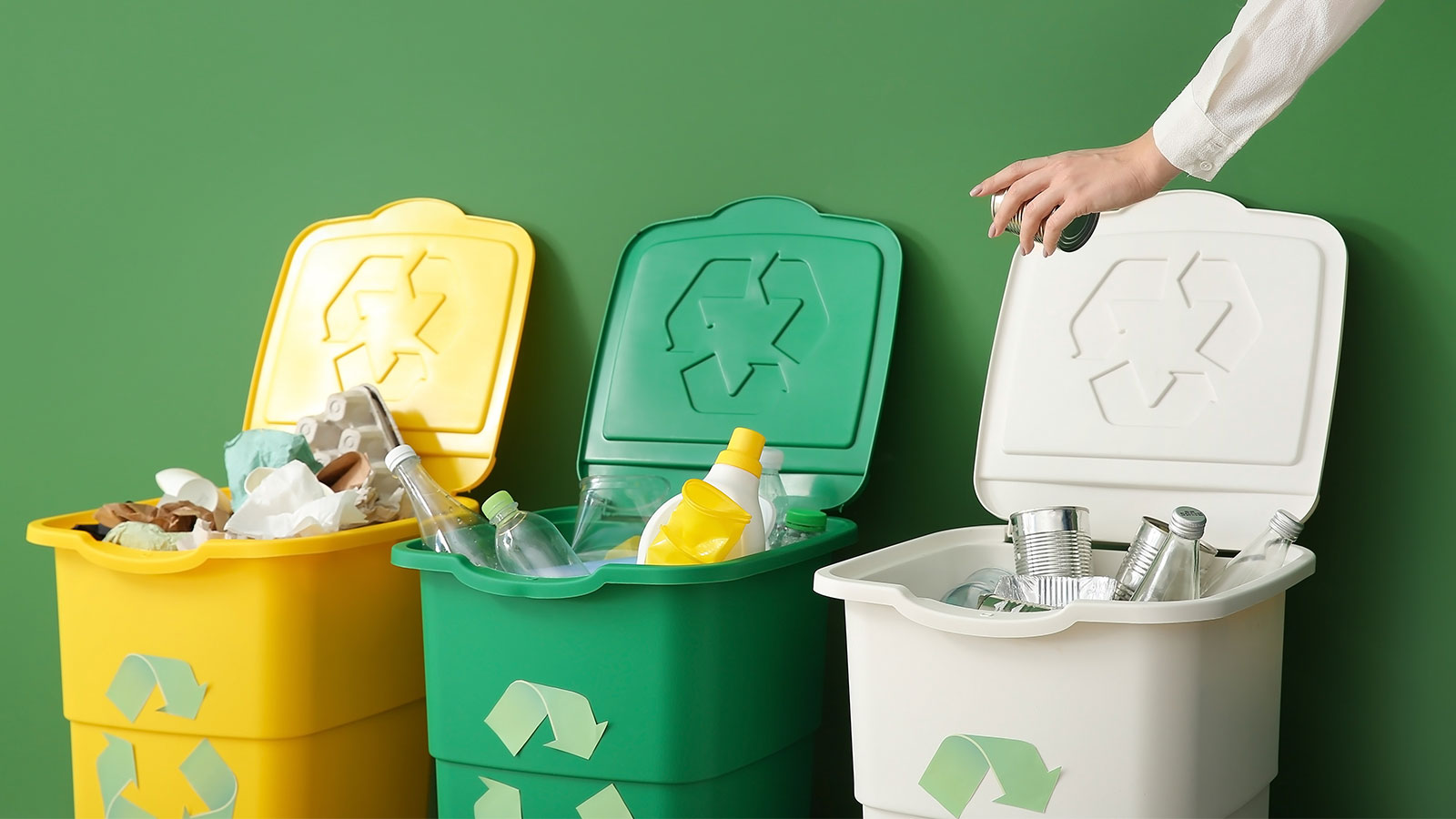
Thus, in order to increase transparency in the information on packaging and packaging waste, the Register of Product Producers is created, in which all producers who introduce packaged products must be registered in order to send information once a year on the placing on the market of packaging, the management of their waste and the financial management of the systems.
The Royal Decree on Packaging and Packaging Waste also requires certain adaptations on the part of the Collective Systems of the RAP (SCRAP) for household packaging set up to date. Thus, the contribution will have to be modulated for each type of similar packaging, taking into account the nature and quantity of material used in its manufacture, its durability, its repairability, reusability and recyclability, its superfluity, the quantity of recycled materials it contains, the presence of hazardous substances or other factors affecting its reuse, the recycling of waste or the incorporation of recycled material. In addition, there will be a bonus or a penalty, depending on whether or not the product meets efficiency criteria.
These SCRAPs will finance the management costs of separately collected packaging, the costs of packaging waste recovered from the residual fraction, the inorganic fraction of the wet-dry systems (where the exception provided for in the Waste Act does not apply) and the cleaning of public roads, green areas, recreational areas and beaches.
4. Reusable packaging, main measures
The bulk sale of fruit and vegetables allows consumers to use their own reusable packaging. Consumers will be responsible for their preparation and cleaning, although shops will be able to refuse to use them if they are obviously dirty or unsuitable, and will be exempt from liability for food safety problems.
Furthermore, the Royal Decree stipulates that reusable packaging will be subject to a deposit, return and refund system in order to guarantee the recovery of such packaging, except for certain particularities when the right of use is transferred, as is already done in practice for many reusable packaging.
5. Marking and labelling obligations
The Royal Decree lays down marking obligations in relation to the container in which packaging waste must be deposited, which will apply from 1 January 2025.
The symbols to be used are not defined, so it is left to the producer’s discretion. What is prohibited is the marking of packaging with the words “environmentally friendly” or any other equivalent expression, in order to make it easier for consumers to separate waste at source and to avoid confusing messages that could lead to undesired behaviour such as abandoning waste in the environment.
See our brochures
-
Shall we talk?
César Aliaga
Head of Packaging and Circular Economy Unit at ITENE



